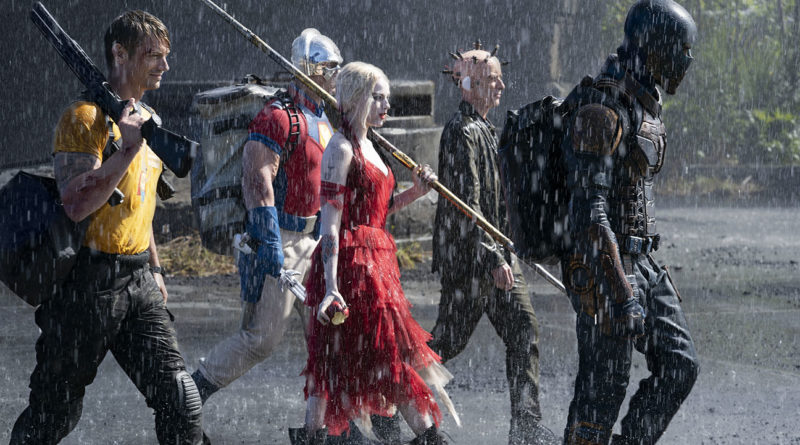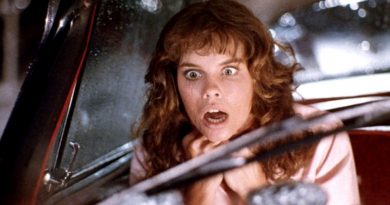Why ‘The Suicide Squad’ is Tragicomedy at its Best
Warning: Contains spoilers for ‘The Suicide Squad’
I’ve long been fascinated by movies that can balance comedy and tragedy in a way where one quality does not diminish the other. Tragicomedy done poorly can often seem glib, cruel, or empty, creating movies that are neither funny nor sad and are generally difficult to care about. However at its best, a tragicomedy’s sad and humorous qualities enhance each other, making each joke land harder and each twist of the knife all the more painful. I have long been a big admirer of Korean filmmaker Bong Joon-ho‘s ability to blend humor into his otherwise fairly serious work in ways that magnify his films’ more sombre moments, making each moment of tragedy all the more heartbreaking, and every dark turn all the more horrifying.
James Gunn has a similar talent in this respect and pulls of a similar balancing act in The Suicide Squad. While I would argue it isn’t quite as good a film as his Guardians of the Galaxy movies, The Suicide Squad is still a very strong effort. While The Suicide Squad is a pretty funny movie, it is also hyper-violent and extremely ruthless in terms of killing off its characters in horrifying ways. The characters, being the supervillains they are, are each some mix of likable and unsavory, with some leaning more one way than other. In addition to their various crimes offscreen, many of them are killed off by the end of the movie in gory fashion, including such standouts as Rick Flagg (Joel Kinnaman) and the surprisingly sympathetic Polka-Dot Man (David Dastmalchian). Their deaths, and the deaths of many others, are often done in a comedic, or at least only semi-serious manner, however their demises hit harder than a lot of onscreen superhero deaths in recent memory. Why? Because James Gunn’s use of comedy and pathos endears them to us, so when they see their end it is all the more upsetting due to the shift in tone. It is also the addition of pathos, heart, which is often missing in more cynical superhero fare, that makes this balancing act work so well.
A perfect example of this dynamic for me was the scene where the group led by Bloodsport (Idris Elba) tries to rescue Rick Flagg, who has been captured by soldiers in the jungle. His squad proceeds to infiltrate an enemy camp and butcher everyone inside in painfully gruesome fashion, leaving no one alive. These killings are all played for laughs as they are part of a humorous dick-measuring contest between Bloodsport and Peacemaker (John Cena). When it’s all over, our antiheroes converge on the main tent where they find Rick enjoying tea with the soldiers’ leader, discovering that the men and women they butchered are in fact rebels fighting against the dictatorial regime on the island, and who are ultimately on their side. The rebel leader gives a few lines about the cause she fights for and we suddenly realize the horror of the Squad’s mistake, feeling all the worse about it because we were laughing at it just a moment ago.
Gunn’s mix of humor, tragedy, and heart is a potent one. We laugh at these characters and all their ridiculousness, their silly interpersonal dynamics, and feel for them and the circumstances that made them who they are, which makes it all the more devastating when they are taken away. Rick Flagg’s death is all the sadder because his morals and uptightness are so laughable given the work he does. Polka-Dot Man’s sudden squashing is all the sadder because of the triumph we feel for him in the moment of his demise as well as the slapstick nature of his end. The Suicide Squad maintains a very unusual tonal balancing act throughout and it does so very well, and it’s one that only a few filmmakers around the world can successfully pull off, but when they do, it’s something to behold.
For more, check out my colleague’s review of The Suicide Squad here.




